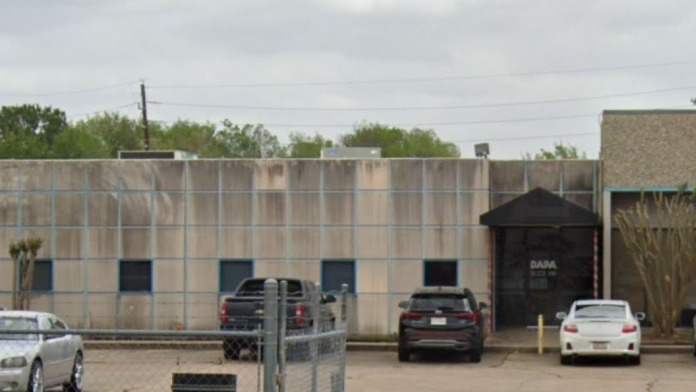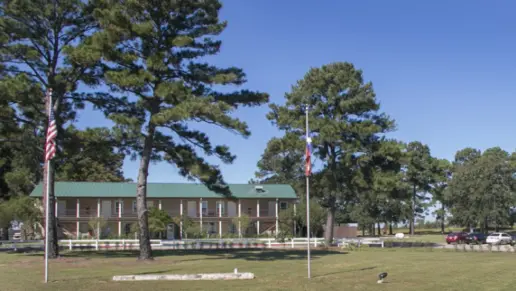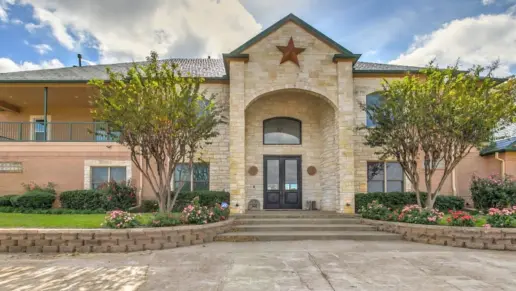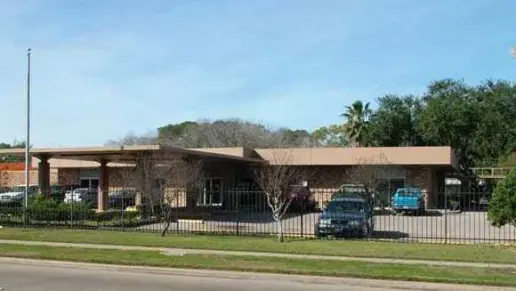Taking a family member to this place was a complete mistake upon going in to speak with one of the nurse practitioners. She was very uncomfortable with me in the meeting with my family member. Which I find very strange also. For a woman to make a comment that she wishes she ...
About DAPA Family Recovery Programs – Guhn Road
DAPA Family Recovery Programs, located in Houston, Texas, offers alcohol and drug addiction treatment services through an outpatient format. Their treatments focus on emotional restoration, mental health support, and sustainable recovery. Available services include a variety of outpatient programs.
Partial hospitalization is a day treatment program that is highly structured, yet allows you the flexibility of returning home in the evening. This program requires no immediate danger that would require inpatient hospitalization. It incorporates clinical treatment practices for addiction such as medications, individual and group therapy, and trauma related counseling. Evidence based approaches such as cognitive behavioral therapy, dialectical behavioral therapy, and motivational interviewing are incorporated into the treatment process.
Intensive outpatient is one step down from partial hospitalization. This program is less structured and the amount of time spent receiving treatment each week is reduced. It’s designed for those who want to continue to move toward traditional outpatient services, but who need to move down slowly. The standard frequency of meetings is generally three times per week, but each program varies and the individual treatment plan for every person varies.
Outpatient treatment programming is a more flexible approach to addiction treatment. This service provides continued support for addiction recovery through individual therapy, group therapy, and educational classes on addiction and recovery. Medications may be managed and trauma support may be offered. Their goal is to continue to move toward a life of recovery and a suitable aftercare treatment plan that allows for reintegration back into society.
All levels of outpatient care incorporate individual therapy, which creates space for clients to explore the psychological challenges associated with addiction. With the help of a professional, you’re encouraged to talk about and process their emotions. This often includes unresolved trauma, anger, depression, anxiety, and the need for more control or autonomy in life.
Their aftercare services may include client linkages to local, community-based services that can assist them in achieving long-term recovery, such as transitional housing, transportation, career counseling, medical care, and related resources.
DAPA Family Recovery Programs may work with most commercial insurance providers. Speak to your individual provider to verify your coverage as out of network benefits may vary.
Latest Reviews
Rehab Score
Gallery

Location
Accepted Insurance
Other Forms of Payment
Medicaid is a state based program that helps lower-income individuals and families pay for healthcare. Medicaid covers addiction treatment so those enrolled can use their coverage to pay for rehab. When a program accepts Medicaid the client often pays very little or nothing out of their own pocket.
Private insurance refers to any kind of healthcare coverage that isn't from the state or federal government. This includes individual and family plans offered by an employer or purchased from the Insurance Marketplace. Every plan will have different requirements and out of pocket costs so be sure to get the full details before you start treatment.
Self-pay involves paying for treatment out of your own pocket. You can use savings or credit, get a personal loan, or receive help from family and friends to fund your treatment. If you don't have insurance or your insurance plan doesn't cover a specific program, self-pay can help ensure you still get the care you need.
Financial aid can take many forms. Centers may have grants or scholarships available to clients who meet eligibility requirements. Programs that receive SAMHSA grants may have financial aid available for those who need treatment as well. Grants and scholarships can help you pai for treatment without having to repay.
Medicare is a federal program that provides health insurance for those 65 and older. It also serves people under 65 with chronic and disabling health challenges. To use Medicare for addiction treatment you need to find a program that accepts Medicare and is in network with your plan. Out of pocket costs and preauthorization requirements vary, so always check with your provider.
Addiction Treatments
Levels of Care
Treatments
The goal of treatment for alcoholism is abstinence. Those with poor social support, poor motivation, or psychiatric disorders tend to relapse within a few years of treatment. For these people, success is measured by longer periods of abstinence, reduced use of alcohol, better health, and improved social functioning. Recovery and Maintenance are usually based on 12 step programs and AA meetings.
During rehab in Texas, you'll deal with underlying issues that contribute to addiction. By addressing these challenges and learning healthy ways to cope with them, you'll develop strategies that help you live a drug-free lifestyle.
Many of those suffering from addiction also suffer from mental or emotional illnesses like schizophrenia, bipolar disorder, depression, or anxiety disorders. Rehab and other substance abuse facilities treating those with a dual diagnosis or co-occurring disorder administer psychiatric treatment to address the person's mental health issue in addition to drug and alcohol rehabilitation.
A combined mental health and substance abuse rehab has the staff and resources available to handle individuals with both mental health and substance abuse issues. It can be challenging to determine where a specific symptom stems from (a mental health issue or an issue related to substance abuse), so mental health and substance abuse professionals are helpful in detangling symptoms and keeping treatment on track.
Opioid rehabs specialize in supporting those recovering from opioid addiction. They treat those suffering from addiction to illegal opioids like heroin, as well as prescription drugs like oxycodone. These centers typically combine both physical as well as mental and emotional support to help stop addiction. Physical support often includes medical detox and subsequent medical support (including medication), and mental support includes in-depth therapy to address the underlying causes of addiction.
Programs


Clinical Services
Research clearly demonstrates that recovery is far more successful and sustainable when loved ones like family members participate in rehab and substance abuse treatment. Genetic factors may be at play when it comes to drug and alcohol addiction, as well as mental health issues. Family dynamics often play a critical role in addiction triggers, and if properly educated, family members can be a strong source of support when it comes to rehabilitation.
Group therapy is any therapeutic work that happens in a group (not one-on-one). There are a number of different group therapy modalities, including support groups, experiential therapy, psycho-education, and more. Group therapy involves treatment as well as processing interaction between group members.
Amenities
-
Residential Setting
Contact Information
5500 Guhn Road
Suite 100
Houston, TX 77040







